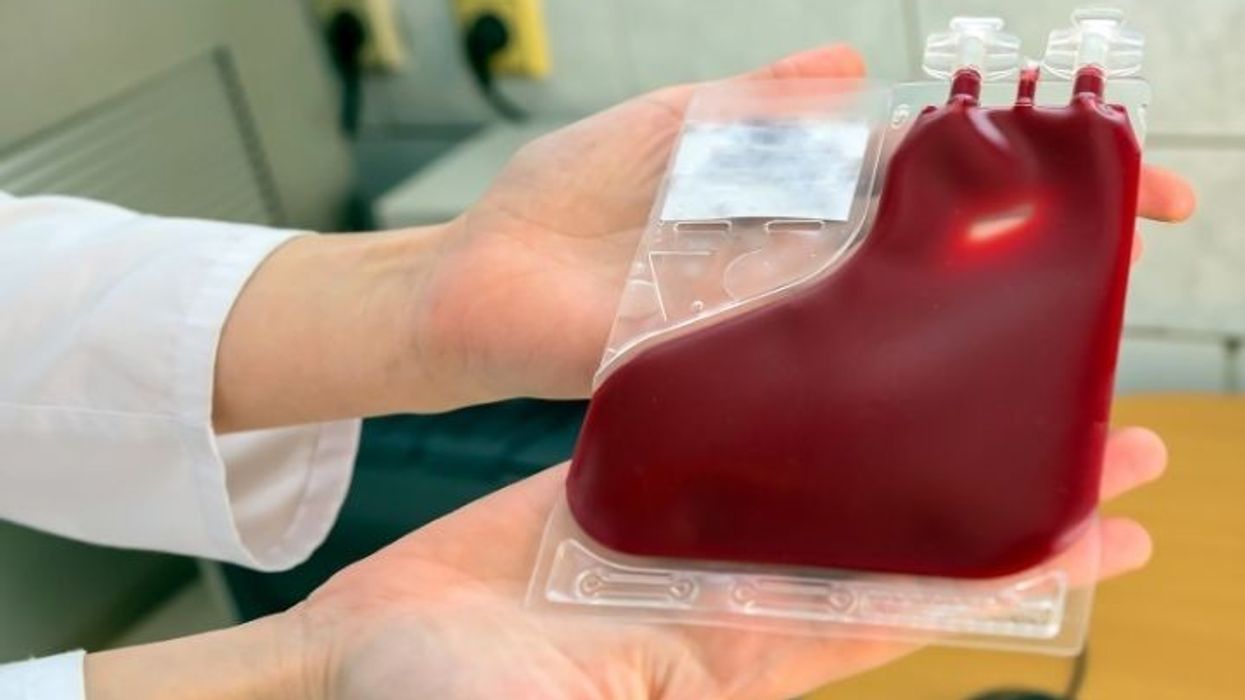Fentanyl test strips have emerged as a critical tool in the battle against the opioid epidemic, offering a life-saving method for individuals to detect the presence of fentanyl in drugs. Despite their proven effectiveness in preventing overdoses, FTS remain illegal in some states due to existing drug paraphernalia laws. This article explores the benefits of FTS, the reasons behind their illegality in certain regions, and ongoing efforts to change these laws.
The Opioid Crisis and Fentanyl
Fentanyl, a synthetic opioid, is approximately 50 to 100 times more potent than morphine. It is often mixed with other drugs such as heroin, cocaine, and methamphetamine, frequently without the user’s knowledge. This clandestine mixing has significantly contributed to the surge in opioid-related deaths. In 2022, nearly 70,000 overdose deaths in the United States were attributed to synthetic opioids like fentanyl .
How Fentanyl Test Strips Work
FTS are simple, inexpensive tools that allow individuals to test drugs for the presence of fentanyl. The process involves dissolving a small amount of the drug in water and dipping the test strip into the solution. Within minutes, the strip indicates whether fentanyl is present. This rapid testing enables users to make informed decisions about their drug use, potentially preventing fatal overdoses.
Effectiveness and Public Health Impact
Research indicates that FTS can be highly effective in reducing overdose deaths. A study published in the International Journal of Drug Policy found that individuals who use FTS are more likely to modify their behavior, such as using smaller amounts of the drug, using it more slowly, or ensuring that someone with naloxone (an opioid overdose reversal drug) is present . By providing a means to detect fentanyl, FTS empower users to take precautionary measures that can save lives.
Legal Barriers: Why Some States Prohibit FTS
Despite their benefits, FTS are classified as drug paraphernalia in some states, making their possession, distribution, and use illegal. Drug paraphernalia laws were originally designed to combat the use and distribution of items associated with drug consumption, such as pipes and syringes. However, these laws often do not differentiate between tools that facilitate drug use and those that can prevent harm.
States like Pennsylvania, Texas, and Georgia have maintained these restrictions, arguing that any relaxation of paraphernalia laws could be perceived as condoning drug use . Critics of these laws assert that they are outdated and fail to address the current public health crisis effectively. They argue that criminalizing FTS discourages their use and hinders efforts to reduce overdose deaths.
Advocacy and Legal Reforms
There is a growing movement to change the legal status of FTS. Public health advocates, harm reduction organizations, and some lawmakers are pushing for reforms to exempt FTS from paraphernalia laws. In recent years, several states, including California, New York, and Rhode Island, have amended their laws to legalize the possession and distribution of FTS .
These changes reflect a broader shift towards harm reduction strategies, recognizing that providing individuals with the tools and information to protect themselves is a crucial component of addressing the opioid crisis.
Fentanyl test strips represent a vital intervention in the ongoing battle against the opioid epidemic. Their ability to save lives by detecting the presence of fentanyl in drugs is well-documented, yet legal barriers in some states continue to limit their accessibility. As the opioid crisis persists, it is imperative to re-evaluate and update drug paraphernalia laws to prioritize public health and harm reduction. The legalization of FTS nationwide could be a significant step towards reducing overdose deaths and mitigating the impact of this devastating epidemic.
References
- Centers for Disease Control and Prevention. (2023). Provisional Drug Overdose Death Counts. Retrieved from CDC website.
- Peiper, N. C., Clarke, S. D., Vincent, L. B., Ciccarone, D., Kral, A. H., & Zibbell, J. E. (2019). Fentanyl test strips as an opioid overdose prevention strategy: Findings from a syringe services program in the Southeastern United States. International Journal of Drug Policy, 63, 122-128.
- Drug Policy Alliance. (2022). Drug Paraphernalia Laws: Fentanyl Test Strips. Retrieved from Drug Policy Alliance website.
- Harm Reduction Coalition. (2023). Fentanyl Test Strips: A Harm Reduction Strategy. Retrieved from Harm Reduction Coalition website.















 Dr. Cary S. Kaufman teaches the "Essentials of Oncoplastic Surgery" course through the National Consortium of Breast Centers, providing breast surgeons around the world with advanced techniques for optimal breast surgery outcomes.
Dr. Cary S. Kaufman teaches the "Essentials of Oncoplastic Surgery" course through the National Consortium of Breast Centers, providing breast surgeons around the world with advanced techniques for optimal breast surgery outcomes.